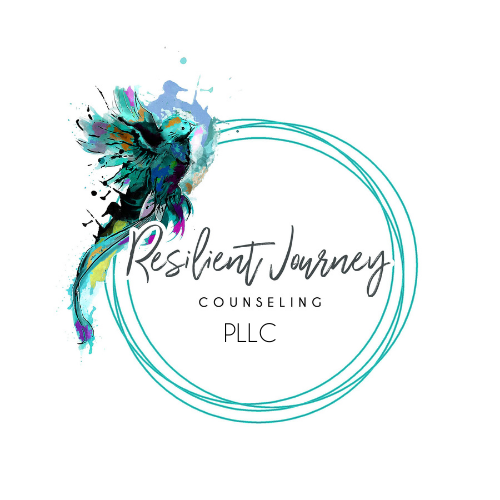Adult survivors of trauma are more prone to developing codependent behavior for several reasons. Codependency in adults is a learned behavior that can be passed down from one generation to another and is a concept that has been around for several decades. Originally, it was a word applied to spouses of alcoholics (first called co-alcoholics). However, research revealed that the characteristics of codependents were much more prevalent in the general population than had previously imagined. They found that if you were raised in a dysfunctional family or had an ill parent, you could also be codependent.
Children who have an unreliable or unavailable parent as a child, means they take on the role of caretaker and/or enabler. A child is then led to a situation where he or she puts the parents or caregivers’ needs first.
The issue is that dysfunctional families do not recognize these problems exist. As a result, the members of the family repress their emotions and disregard their own needs to focus on the needs of the unavailable parents or caregivers. We call this situation, the “parentified” child and as this child becomes an adult, he or she repeats the same dynamic in their adult relationships.
Below is an extensive list I gathered of signs of codependency:
Low Self-Esteem
Poor Boundaries
A Need to “Save” Others
Self-Denial
Perfectionism
Control Issues
An exaggerated sense of responsibility for the actions of others
A tendency to confuse love and pity, with the tendency to “love” people they can pity and rescue
A tendency to do more than their share, all of the time
A tendency to become hurt when people don’t recognize their efforts
An unhealthy dependence on relationships. The co-dependent will do anything to hold on to a relationship; to avoid the feeling of abandonment
An extreme need for approval and recognition
A sense of guilt when asserting themselves
A compelling need to control others
Lack of trust in self and/or others
Fear of being abandoned or alone
Difficulty identifying feelings
Rigidity/difficulty adjusting to changes
Chronic anger
Lying/dishonesty
Poor communications
Difficulty making decisions
Researchers also found that when left untreated, codependent symptoms got worse! Now don’t get alarmed because the good news is the symptoms of codependency are reversible.
One of the solutions lies in exploring one’s childhood trauma, dysfunctional behaviors and learning to honor your needs. Speaking to a professional psychotherapist to find out if perhaps one has codependent behaviors can also be beneficial.
Psychotherapy can assist to process and discuss traumatic behaviors experienced during childhood can increase one’s awareness and receive the validation and support.
Below is a link to books I recommend specifically for codependency.
Just click on the CO-DEPENDENCY tab and drop down menu.
https://aresilientjourney.com/mental-health-resources/
Sources:
https://www.mhanational.org/issues/co-dependency
https://www.psychologytoday.com/us/blog/anxiety-zen/201609/6-signs-codependent-relationship
https://www.goodtherapy.org/learn-about-therapy/issues/codependency
– Resilient Journey Counseling –


